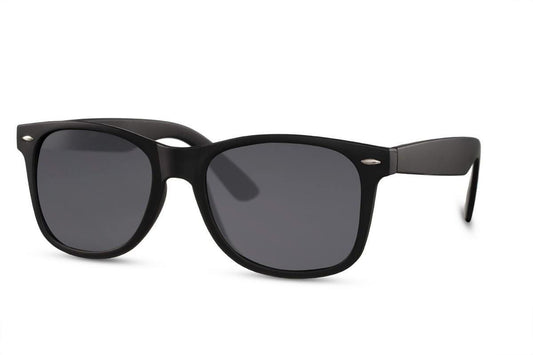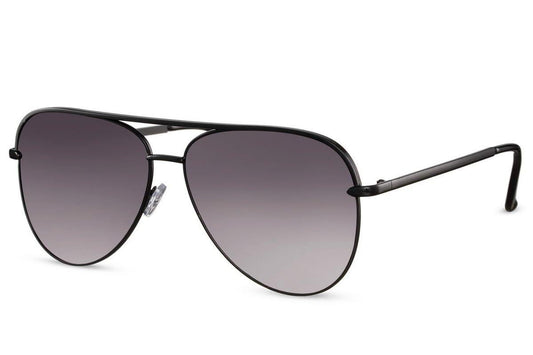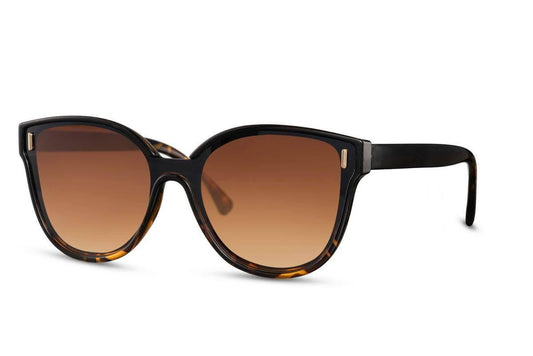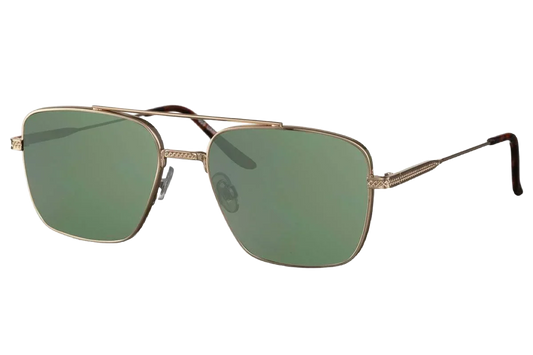
Sunglasses and allergies – how they can help against pollen
Share
Sunglasses as protection against pollen
Sunglasses can reduce the amount of pollen that reaches the eyes, thereby reducing symptoms such as itching, redness and irritation. They act as a physical barrier, keeping the irritating particles away.
Design and function
Some models are designed with a wider frame that covers a larger part of the eye area. This construction prevents pollen from getting close to the eyes, while the sunglasses protect against UV rays.
Use for pollen allergy
When worn regularly during pollen season, sunglasses can make a noticeable difference for allergy sufferers. They should be seen as a supplement to any medical treatment and other allergy management strategies.
Typical questions
• Which sunglasses models provide the best protection against pollen?
Models with a wide, tight fit are ideal as they cover more of the eye area.
• Can sunglasses completely prevent allergy symptoms?
Sunglasses reduce eye symptoms, but they do not eliminate all allergic reactions.
• Should sunglasses be used with other allergy treatments?
Yes, they can supplement medication and other precautions, but should not replace them.
• Do sunglasses have other benefits besides pollen protection?
In addition to keeping pollen away, they also protect against harmful UV rays and the sun's glare.





